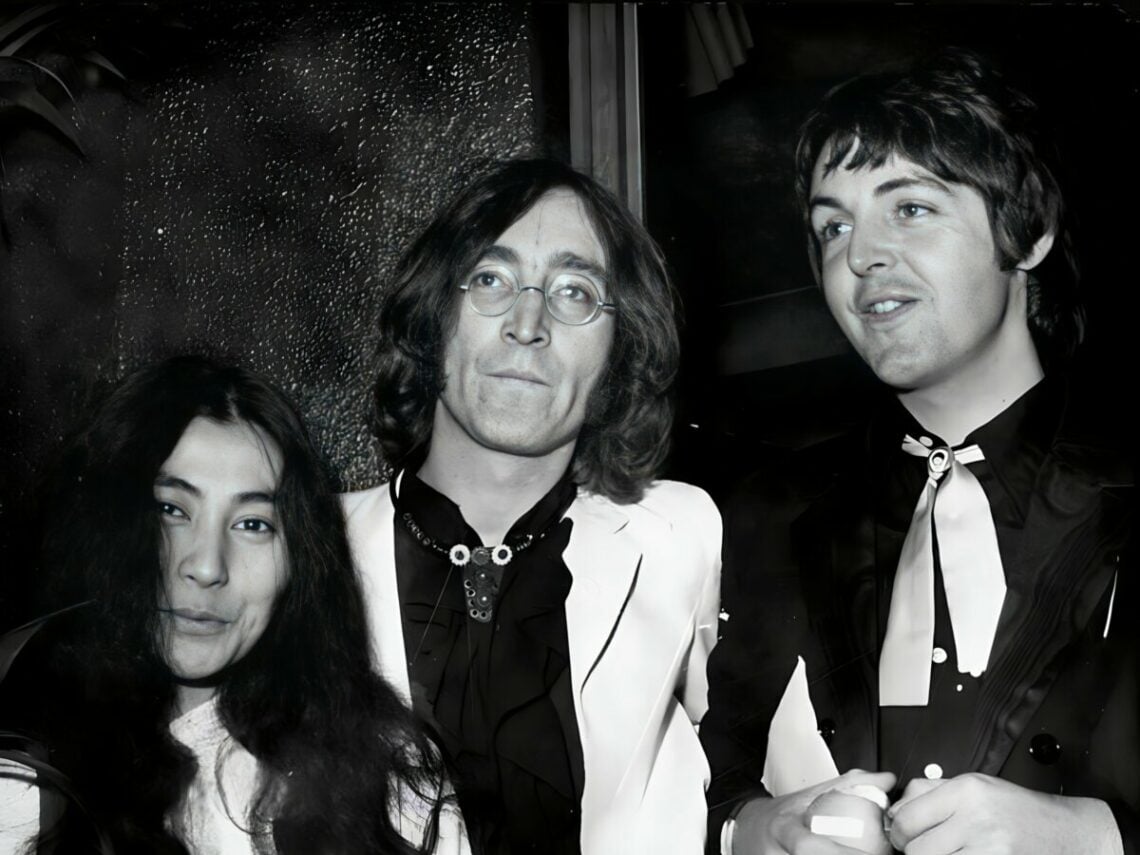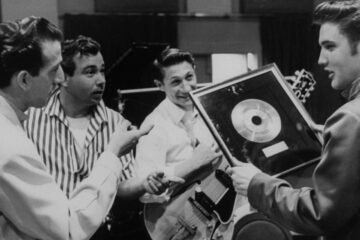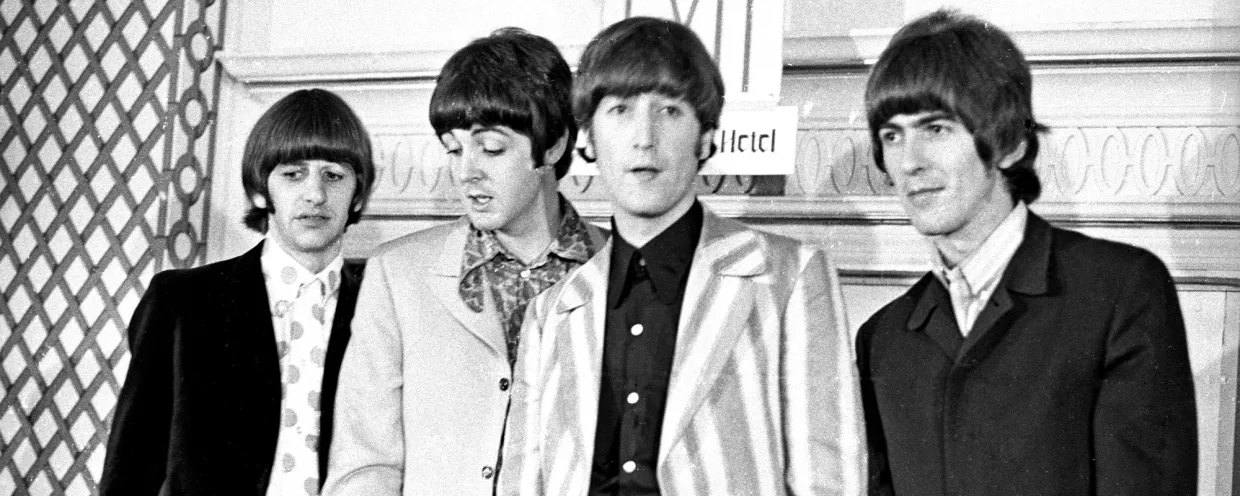It was the tail-end of the 1960s and the end of an era as The Beatles veered towards their own inevitable end. The band were reluctantly gathered in a studio, attempting to figure out their new album while arguing about the fashion paths and potential shapes the record or even a possible live show could take. George Harrison wanted out, Ringo Starr was sick of the arguments, John Lennon was busy in love, and then there was Paul McCartney, sat at his piano, penning ‘The Long and Winding Road’ in an attempt to articulate it all.
Let It Be is a complexly emotive release. Captured perfectly in their 1970 documentary of the same name or the extended docuseries Get Back, the sessions that went into it were among some of the most tumultuous moments in the band’s history. Really, it was a wonder that they ever managed to get back into the studio as everyone assumed that, after the chaos of The White Album, that must surely be it for the band.
Each member seemed fed up with being trapped in the group, clearly ready to move on and do other things. As their friendships had worsened for some time, so did their collaborative partnerships, with Lennon and McCartney’s once tight songwriting partnership becoming increasingly strained and separate. For Lennon, that didn’t seem to matter so much. He was newly married to Yoko Ono and was fiercely in love with their new life and her own artistry, becoming increasingly inspired by her experiments in sound. However, McCartney’s sadness is palpable in both the documentaries and on record.
Really, it was McCartney that made Let It Be happen. As everyone else was ready to call it quits, he pulled the band back together, getting them to agree to the album with the hope that it would reignite and reinvigorate their energy by writing some more classic rock and roll songs with the intention of playing them live. As the group finally recorded some of their oldest songs like ‘One After 909’ or returned to covers like ‘Maggie Mae’ that they used to play back when they were just a skiffle band, there is a clear feeling of a band feeling nostalgic for their youth. In Let It Be, they’re seen joking around, playing these old tracks and avoiding writing new ones as the four boys seemed to be bonding again. As McCartney continuously returns to tracks from their youth, it’s so painfully evident that he was desperate to have his friends back and keep his band together.
But while McCartney was trying to keep hold of what was inevitably becoming the past as the band raced towards their inescapable split, Lennon was already in the future. He and Ono seemed to represent that, reaching new levels of experimentation that the group would never reach. To Lennon, witnessing that gave McCartney a new flash of inspiration, albeit a sad one.
“He had a little spurt just before we split,” Lennon said. “I think the shock of Yoko Ono and what was happening gave him a creative spurt including ‘Let It Be’ and ‘Long And Winding Road’, ’cause that was the last gasp from him.”
“The last gasp” is a beautifully poetic and apt descriptor for McCartney’s efforts on the album. While the other members were fighting for a way out, it always felt like he was fighting for the band’s life, desperately trying to make something or say something with that dying breath. ‘The Long and Winding Road’ could be seen as that final exhale, standing as an emotive eulogy for what was and what he wished could be.
“I was a bit flipped out and tripped out at that time,” McCartney said of the track and that era. “It’s a sad song because it’s all about the unattainable; the door you never quite reach. This is the road that you never get to the end of.”
“Why leave me standing here? / Let me know the way,” McCartney sings, as if calling out for some guidance or direction as his bandmates all plotted their exits with paths ahead of them they were keen to forge. Meanwhile, his path always still seemed to lead right here as he sings, “It always leads me here / Lead me to you door” as if that winding road would forever bring him back to Lennon, to his friend and to the band of his youth that had now dominated his entire life.



